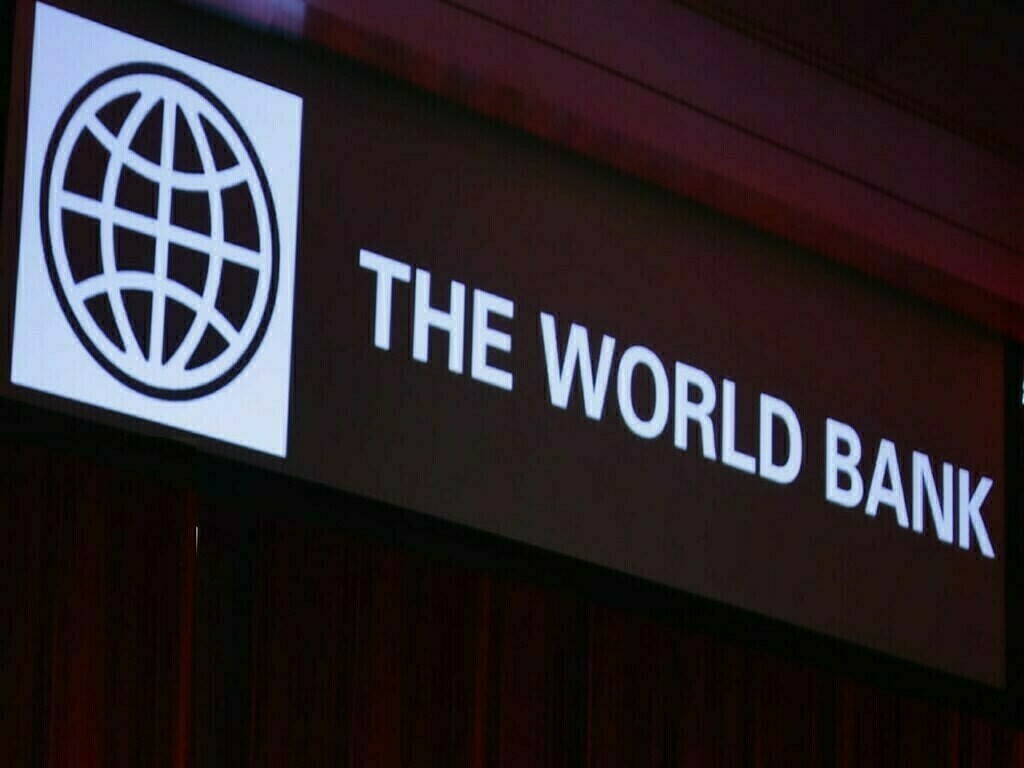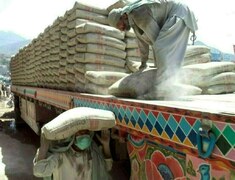World Bank approves $102mn financing for Pakistan’s RAM Project
- Finance ministry to implement project through SBP
The World Bank’s Board of Directors approved $102 million in financing for the Resilient and Accessible Microfinance (RAM) Project in Pakistan on Wednesday.
As per a statement, the project aims to enhance access to microcredit and support the resilience of the microfinance sector and its borrowers, particularly in the face of climate-related shocks.
The project will be implemented by the Ministry of Finance through the State Bank of Pakistan (SBP), the World Bank said. The project will be the first in a series of interventions to support the sector, to be designed and phased in close partnership with other international financial institutions.
World Bank’s $20bn pledge reflects confidence in Pakistan’s economy: PM Shehbaz
“Microfinance is a critical tool for supporting the livelihoods of vulnerable populations in Pakistan. This project will help strengthen the resilience of the microfinance sector, particularly in the face of growing climate risks, ensuring that the sector can continue to provide essential financial services to those who need them most, especially in rural areas” said Najy Benhassine, World Bank Country Director for Pakistan.
“This project is part of our broader commitment to promoting financial inclusion in Pakistan and to increasing resilience to climate change, as spelled out in our new 10-year Country Partnership Framework.”
According to the World Bank, the RAM Project is expected to benefit nearly 1.89 million people, including more than 1 million women and over 350,000 youth, especially those in vulnerable and low-income rural communities.
The multilateral lender said that the project will provide increased access to microcredit for individuals and small businesses, providing them with ‘recovery loans’ to help them gain financial stability.
Transmission system: World Bank may approve restructuring of $425m NTMP-I
“The Resilient and Accessible Microfinance Project has been designed based on lessons learned from the devastating floods of 2022 and is a significant step to bolster financial inclusion in Pakistan,” said Namoos Zaheer, Task Team Leader for the Project.
“It will enhance economic empowerment and resilience of those at the bottom of the economic pyramid, particularly women, small farmers, and families in rural areas who are more prone to climate shocks.”
Key components of the project include the establishment of a Climate Risk Fund, innovative use of agrotechnology solutions, capacity building for microfinance institutions, and the development of risk management frameworks to enhance the sector’s resilience.
The project is co-financed by a $23 million grant from the Global Shield Financing Facility (GSFF), which is a multi-donor trust fund hosted by the World Bank Group and financed by the Governments of Canada, Germany, Japan, Luxembourg, and the United Kingdom.























Comments